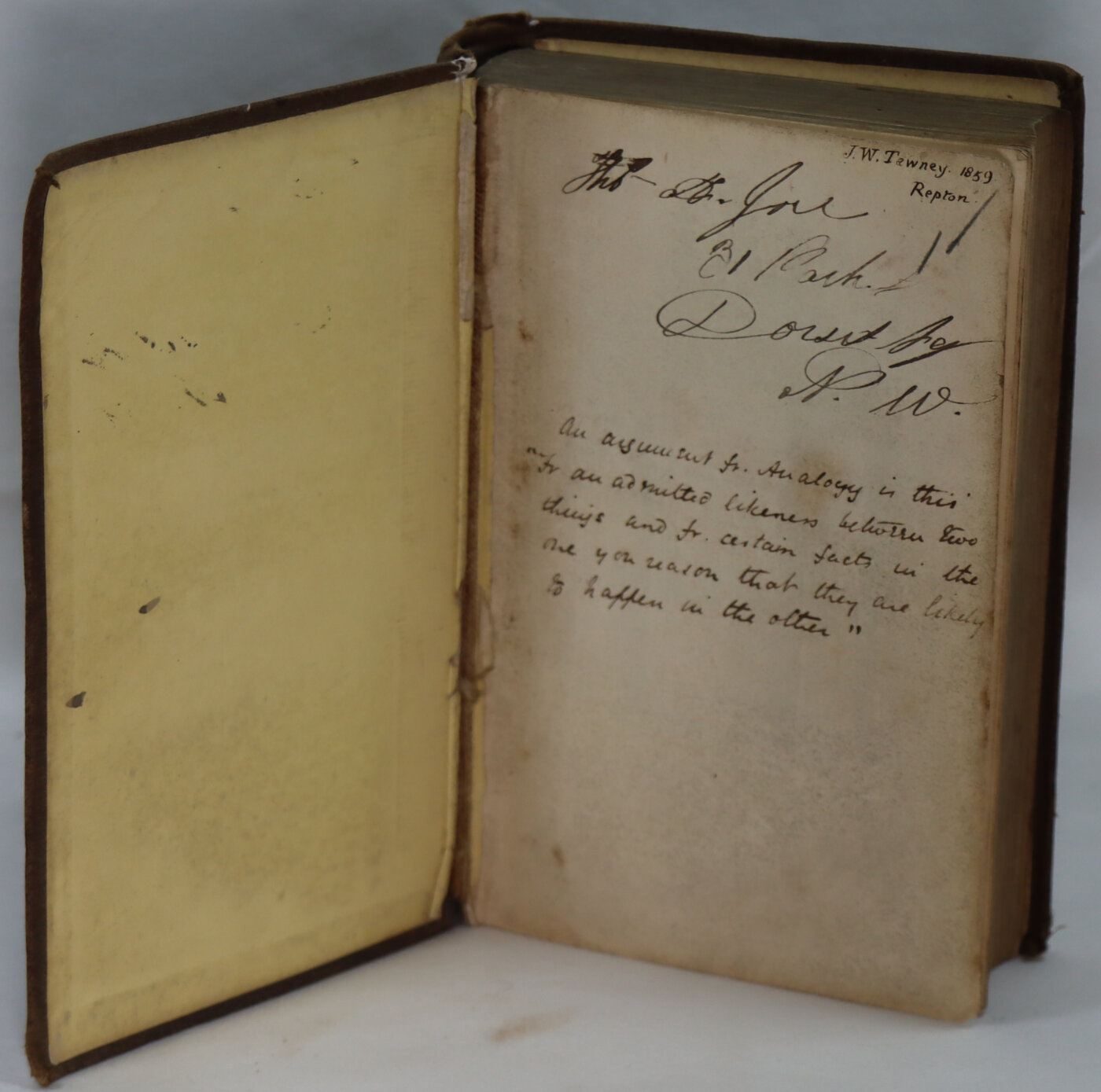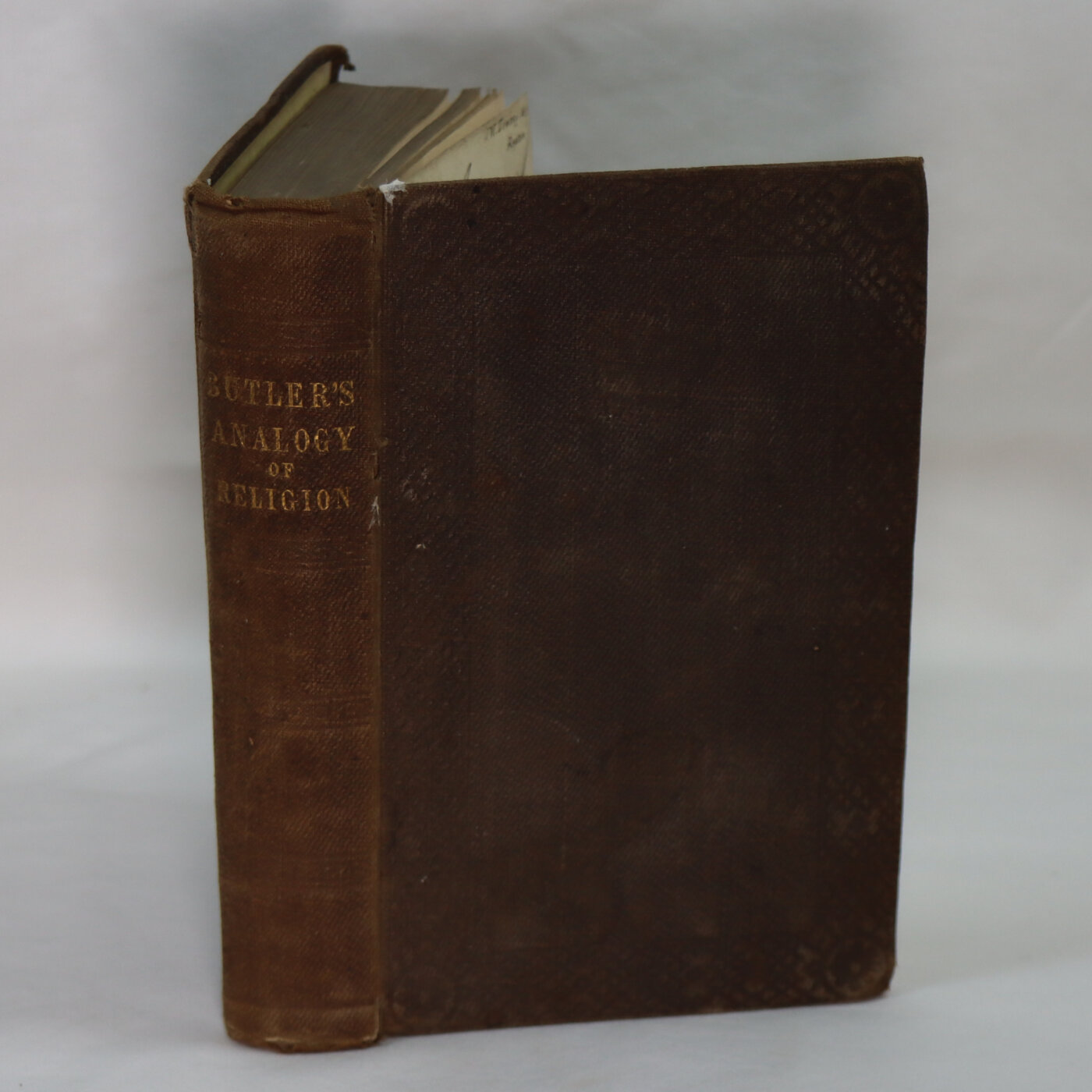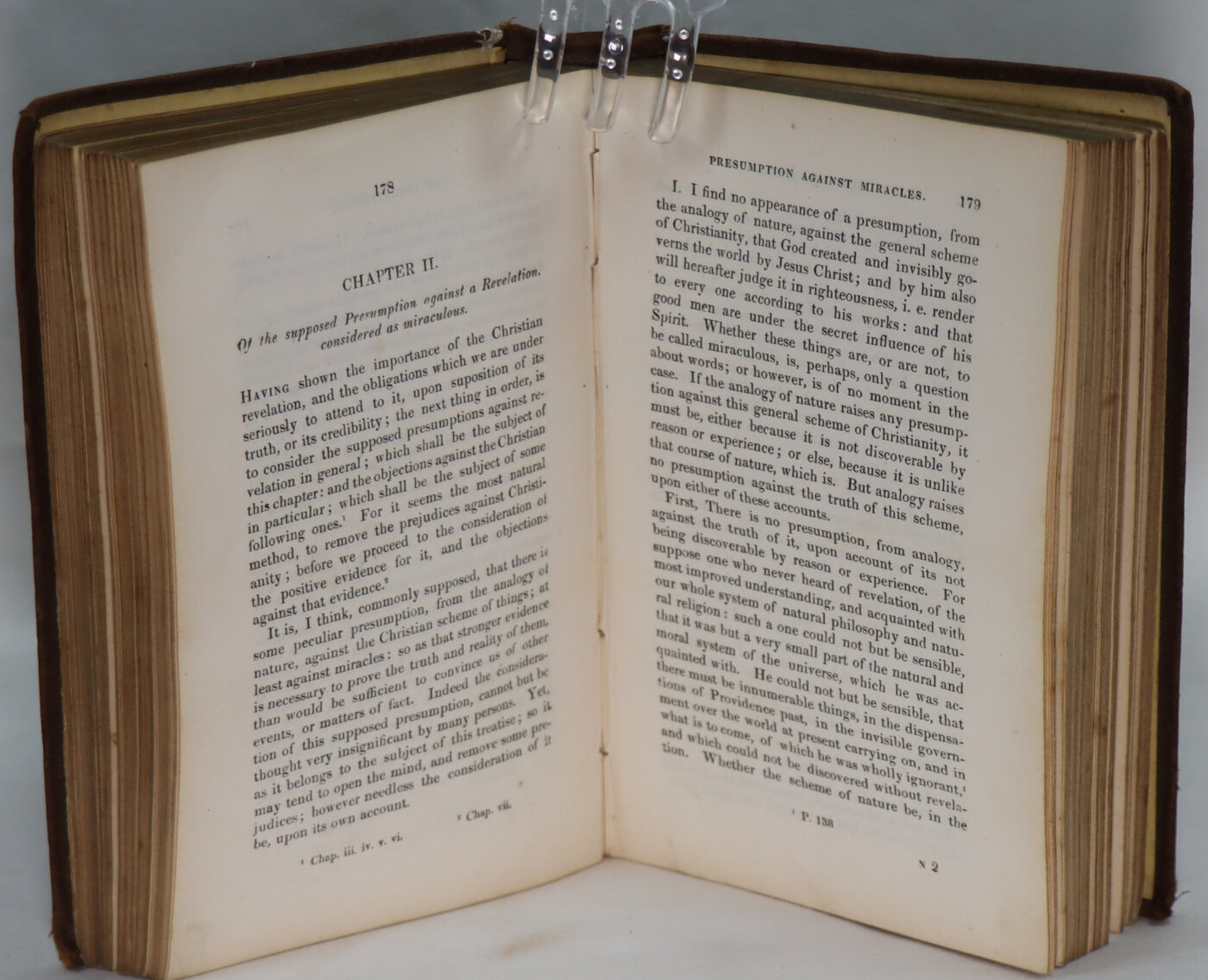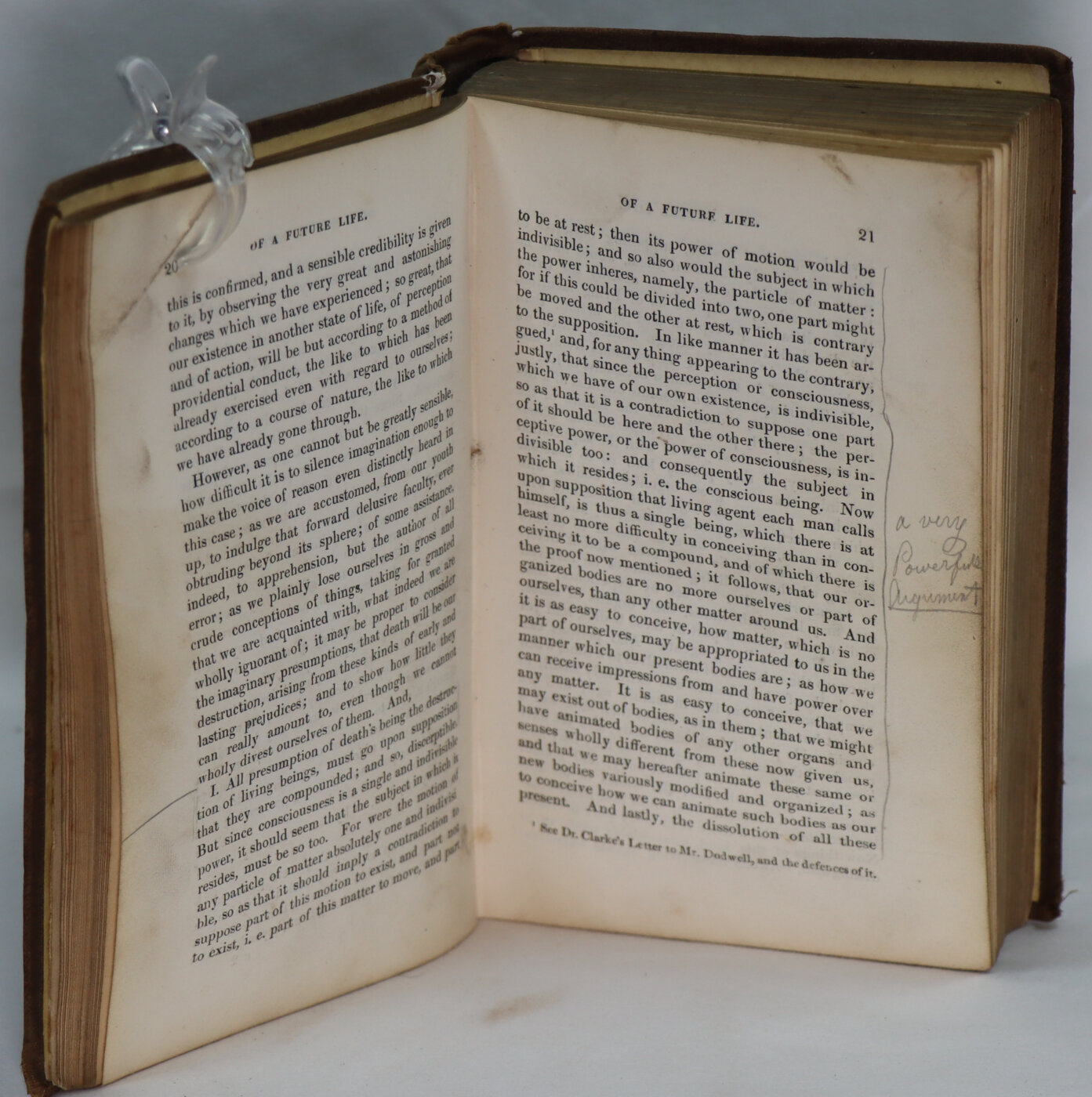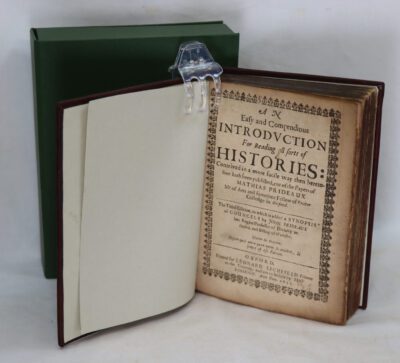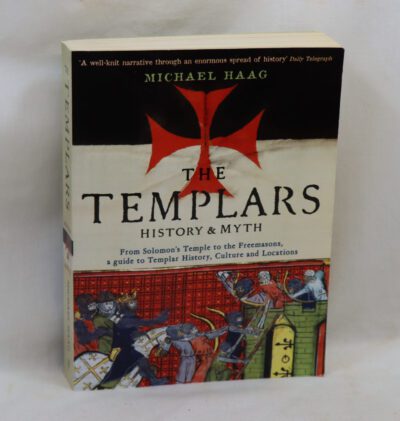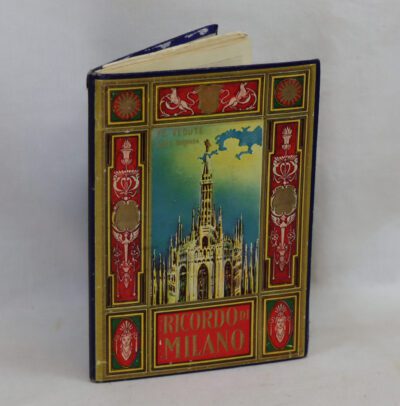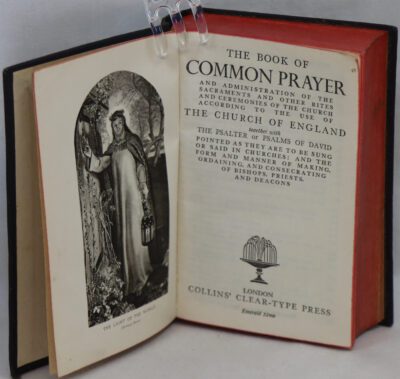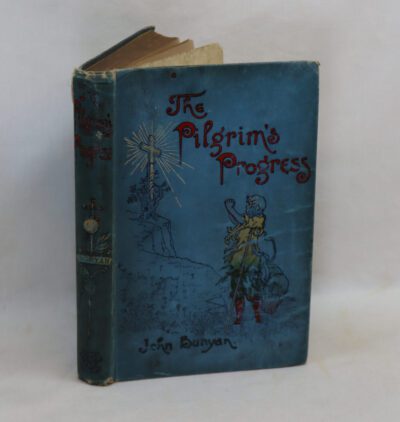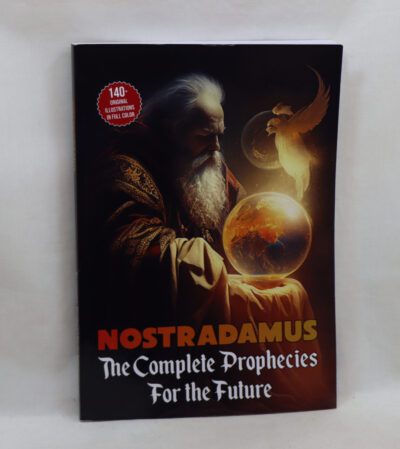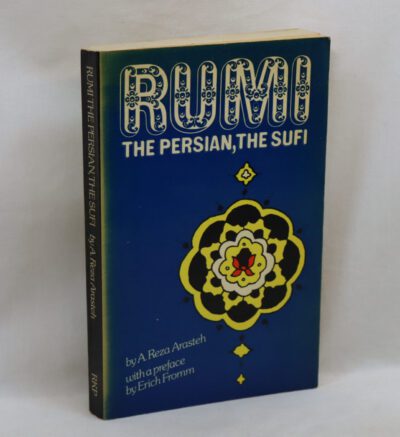Butler's Analogy of Religion.
By Joseph Butler
Printed: Circa 1840
Publisher: Arthur Hall.London
| Dimensions | 12 × 17 × 3 cm |
|---|---|
| Language |
Language: English
Size (cminches): 12 x 17 x 3
Condition: Good (See explanation of ratings)
Your items
Item information
Description
Brown cloth binding with gilt title on the spine.
- F.B.A. provides an in-depth photographic presentation of this item to stimulate your feeling and touch. More traditional book descriptions are immediately available.
- Note: This book carries the £5.00 discount to those that subscribe to the F.B.A. mailing list.
This is a very well read edition. Intact, still highly readable but showing signs of its age. Had this volume remained in good condition the price would be over £400.00 but as this volume requires many hours of work to recover its pristine condition, it is offered as priced.
Joseph Butler (18 May 1692 – 16 June 1752) was an English Anglican bishop, theologian, apologist, and philosopher, born in Wantage in the English county of Berkshire (now in Oxfordshire). His principal works are the Fifteen Sermons Preached at the Rolls Chapel (1726) and The Analogy of Religion (1736).
He is known for critiques of Deism, Thomas Hobbes’s egoism, and John Locke’s theory of personal identity. The many philosophers and religious thinkers Butler influenced included David Hume, Thomas Reid, Adam Smith, Henry Sidgwick, John Henry Newman, and C. D. Broad, and is widely seen as “one of the pre-eminent English moralists.” He played a major, if underestimated role in developing 18th-century economic discourse, influencing the Dean of Gloucester and political economist Josiah Tucker.
Joseph Butler had many doubts about Christianity. These uncertainties were a strong inconvenience for him, because his father insisted he train as a clergyman. Now Butler could have taken a couple courses: he could have shrugged and become a clergyman in violation of his conscience, or he could have rejected the whole notion and gone into law or some other convenient profession.
Instead, he decided to face his tormenting uncertainties head on, to search them to the bottom to see if they were justified.
Butler questioned and thought until he became sure of the grounds of his faith. Then he was ordained in the Church of England, an outcome somewhat disappointing to his father, for the elder Butler, a Presbyterian, had wanted his son to become a Dissenter pastor.
Want to know more about this item?

Related products
Share this Page with a friend

